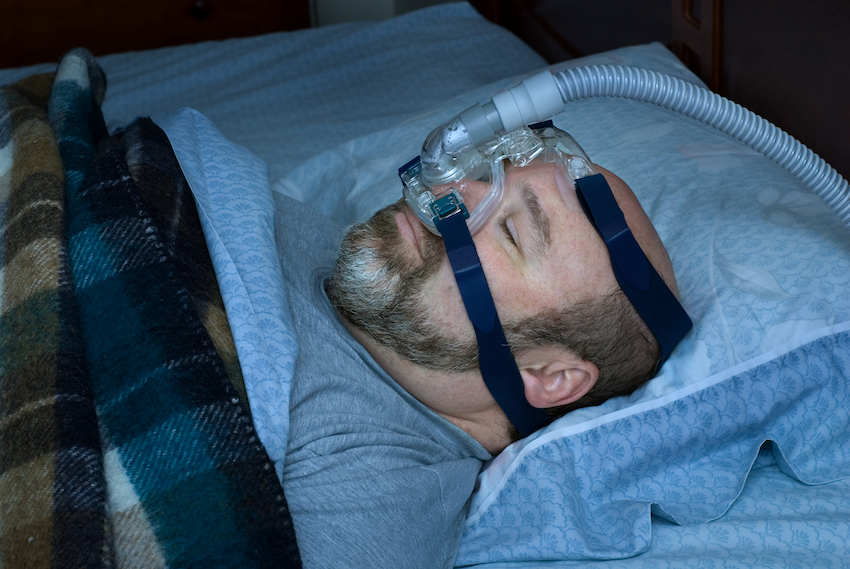Comorbidities for Bariatric Surgery (and Finding Out Whether You Qualify)
Comorbidities are health conditions related to or resulting from a primary condition. In the case of obesity or morbid obesity, there are a wide range of conditions, from asthma to heart disease which are further complicated by carrying unhealthy weight. When considering whether you qualify for bariatric surgery, insurance carriers often require at least two comorbidities.

Examples of comorbidities for bariatric surgery
Some of the more common comorbidities for bariatric surgery include high blood pressure, high cholesterol, type 2 diabetes, and sleep apnea. It’s also common for people with one of these conditions to also have another.
But there are a variety of other comorbidities that may also qualify you for bariatric surgery due to their compound effects on your health and quality of life. These include:
- Arthritis – when cartilage between the joints wears down due to obesity, causing pain, stiffness, and difficulty with movement and functionality
- Back or joint pain – excess weight pushing down on the joints may cause chronic pain in the joints or in the back; seeing a doctor for this type of pain can help qualify you for bariatric surgery
- Gastroesophageal reflux disease (GERD) – a common digestive disorder in people with obesity which can cause long-term esophageal damage
- Heart disease – often associated with high cholesterol and other obesity-related conditions, heart disease increases risk of heart attack and stroke
- Non-alcoholic fatty liver disease – fatty inflammation of the liver that is often associated with obesity but not associated with drinking alcohol
- Obesity-related psychosocial stress – from isolating to antisocial behaviors to mental health disorders
- Pseudotumor cerebri - brain pressure that causes headaches and eye problems
- Stress urinary incontinence – difficulty holding urine due to pressure on the bladder because of being extremely overweight or obese
- Venous insufficiency – poor circulation in the lower legs that put you at risk for clotting and stroke
- Soft tissue infections - lesions or sores in folds of the skin due to obesity that place you at risk of infection

Do your comorbidities qualify you for bariatric surgery?
You’ll need to check with several sources. First, talk to your insurance provider about bariatric surgery requirements. Regardless of comorbidities, each insurance company has specific guidelines for preparing for bariatric surgery, including attempting weight loss through other methods and meeting certain criteria in the months leading up to surgery, if you do qualify.
You’ll also want to talk to your primary care provider about your current health condition and your health history, especially as it pertains to weight management.
You can also discuss your options with a bariatric surgeon who can provide further guidance and recommendations on how bariatric surgery can improve your health over the long term.
Ready for a bariatric surgery consultation?
We’re here to answer your questions and get you started. Call .

